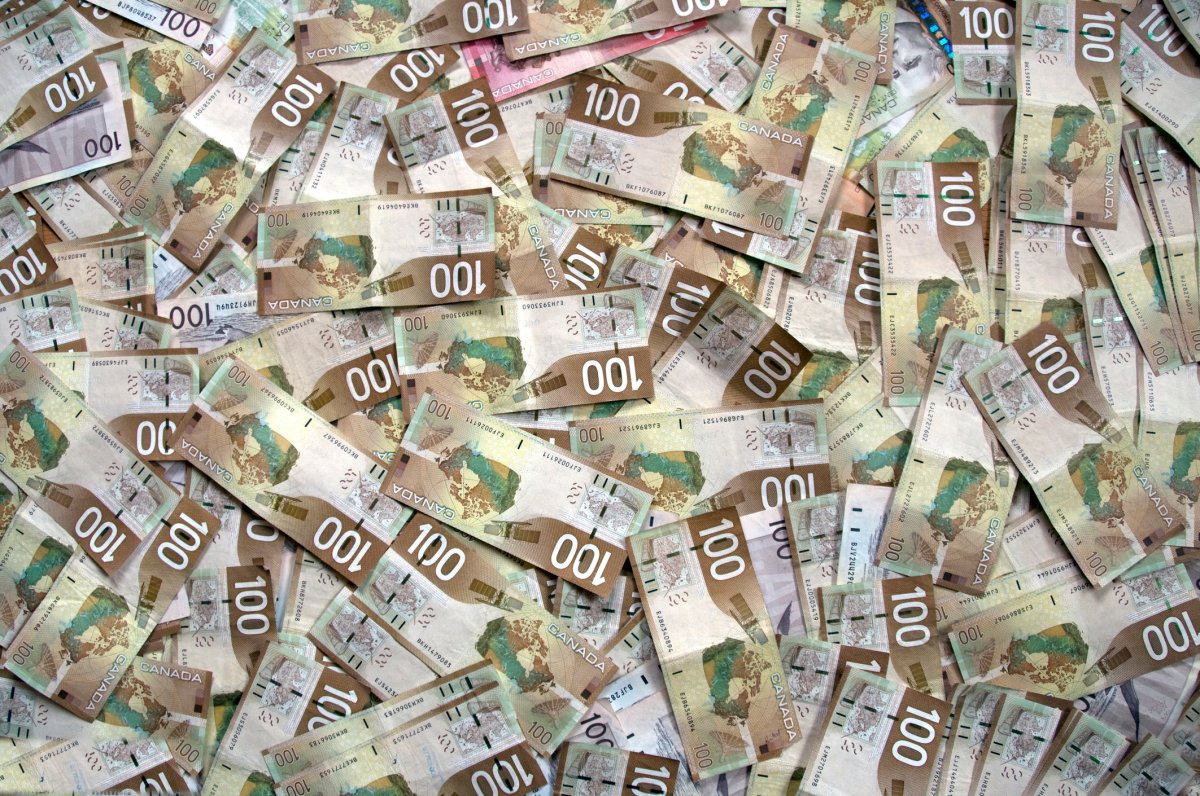It’s turning into one of the most talked about election issues: Electoral finance reform. From cash for access to corporate and union donations, foreign donations, and even indirect contributions.

The idea is promising reform before an election is good for democracy. But, how true is it?
Having the New York Times call you the “Wild West of Canadian political cash” gets attention. And so it’s not surprising electoral finance reform is being used as a major campaign issue from the opposition parties.
Lobbying reform and electoral finance reform were the first platform planks announced by the B.C. Green Party, which takes every opportunity to point out it doesn’t accept corporate or union donations.
READ MORE: RCMP investigates political fundraising in B.C.
The NDP are also promising to “ban big money” in B.C. politics if elected, but that’s not stopping it from taking the cash now.
“I’m not going to tie my hands behind my back. I’m going to fight tooth and nail within existing laws and the day after the election I’m going to change them so people can have their politics back,” says NDP leader John Horgan.

Get daily National news
Green Party leader Andrew Weaver has been taking them to task for big donations from unions, with the United Steelworkers even paying for top NDP campaign staff.
“This is an election about trust, in my view. We recognize people want an alternate government, but how can you trust an official opposition who would say one thing and do exactly the opposite?”
The B.C. Liberals have also made promises. If re-elected as government, it would create an “independent commission” to study and possibly implement campaign finance reform.
But the proposal was panned by many as not being enough, for passing the buck, and for conveniently pushing action to after the May 9 vote.
While everyone can probably agree that the status quo is not okay, one expert suggests having this conversation in the lead-up to the election can actually be harmful.
Gary Klaukka is with International IDEA, the Institute for Democracy and Electoral Assistance based out of Stockholm, Sweden.
The intergovernmental organization that supports sustainable democracy around the world. Canada has been a member since 1997.
Klaukka says the fact the election is so close impacts the conversation.
“That in itself produces a risk where the political parties, what they have in mind is polling day and it’s quite difficult to get a good constructive dialogue going between the parties and certainly with the electorate under such circumstances.”
So what is Klaukka suggesting? Not having the conversation? And if so, how do we do that given everything we’ve learned about cash-for-access and political contributions?
“Well, I can understand why it’s come up now, but in order to produce a sustainable, constructive framework, it should not happen at a particularly heated political time. And I think it’s fair to say that elections are the most heated of times when it comes to political discussion and debate. It takes a long time to produce a good and functional system,” Kluakka says.
“It’s important to consult all the stakeholders, not just the political parties but the third sector and that does take a lot of time, in our experience.”
So, while having conversations about electoral finance reform is important for the health of a democracy, Klaukka says doing it just before a vote probably isn’t the best way to instil voter confidence – especially if you want more people to participate in the process.







Comments